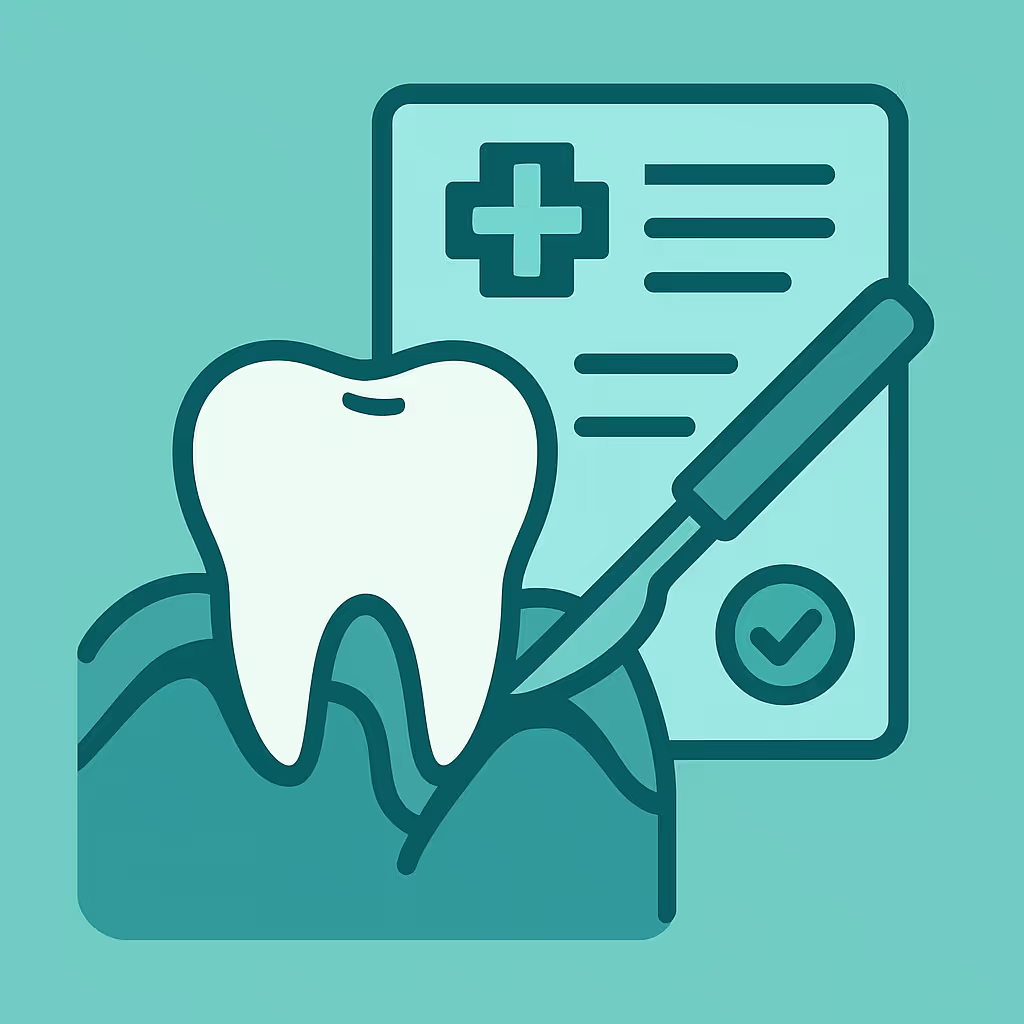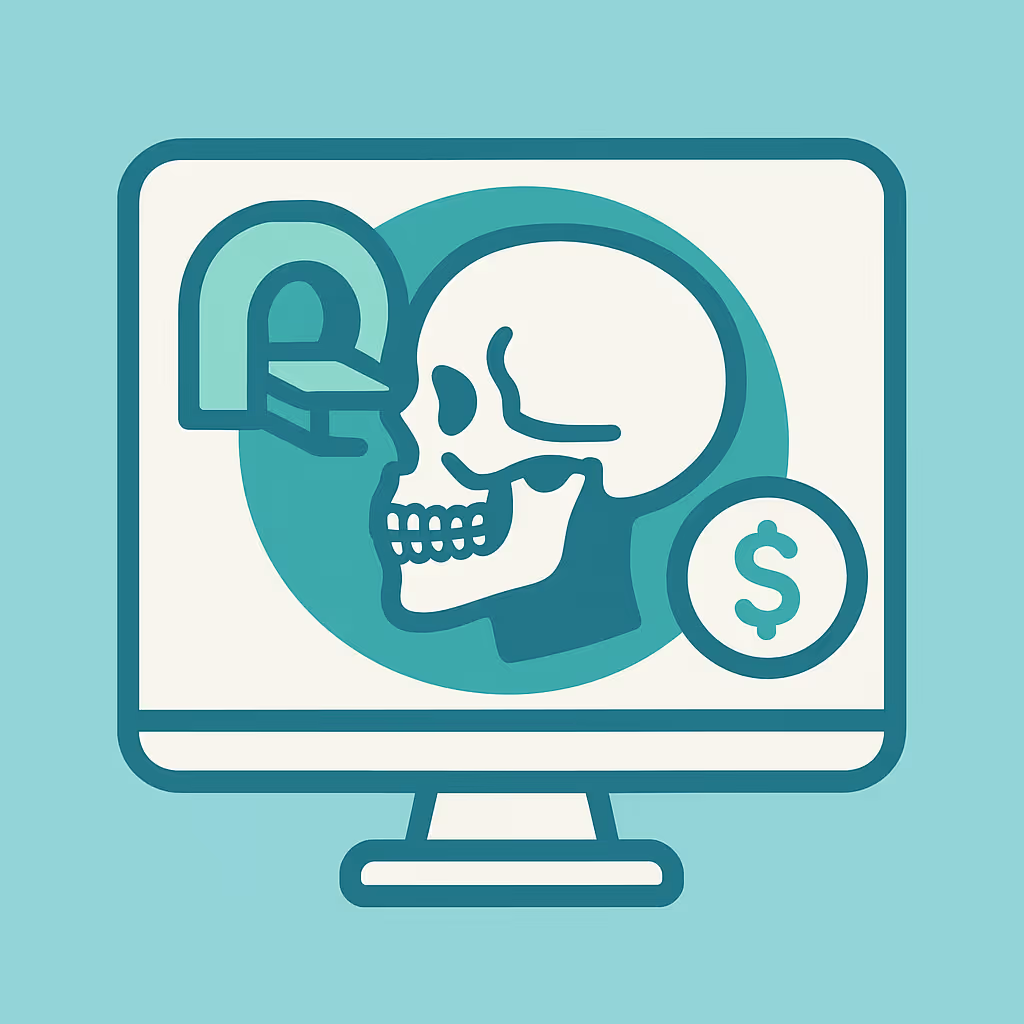Understanding Dental Code D4920
When to Use D4920 dental code
The D4920 dental code is designated for an unscheduled dressing change (by someone other than the treating dentist or their staff). This CDT code is used in situations where a patient requires a dressing change—such as a periodontal or surgical dressing—but the procedure is performed by a healthcare provider who is not the original treating dentist or a member of their staff. This scenario often arises when patients are traveling, have relocated, or need urgent care outside their regular dental office’s hours. It is important to note that D4920 should not be used for routine dressing changes performed by the original provider’s team, nor should it be used for initial placement of dressings.
Documentation and Clinical Scenarios
Accurate documentation is essential when billing for D4920. The clinical notes should clearly state:
- The reason for the unscheduled dressing change
- The provider’s relationship to the patient (confirming they are not the treating dentist or staff)
- The type and location of the dressing changed
- Date and time of service
- Any relevant patient history or complications
Common clinical scenarios include:
- A patient on vacation needs a periodontal dressing changed due to discomfort or dislodgement.
- A patient who has moved to a new city requires a surgical dressing change before establishing care with a new dentist.
- An emergency room or urgent care provider changes a dental dressing after hours.
Always ensure the documentation supports the use of D4920 and differentiates it from codes used for initial dressing placement or routine follow-up by the treating office.
Insurance Billing Tips
Billing D4920 successfully requires attention to detail and proactive communication with payers. Here are best practices:
- Verify coverage: Not all dental plans cover D4920. Check the patient’s eligibility and benefits before submitting the claim.
- Submit thorough documentation: Attach clinical notes and explain why the service was performed by a provider outside the treating dentist’s office.
- Use accurate coding: Do not substitute D4920 for codes such as or periodontal maintance. Only use D4920 for unscheduled dressing changes by non-treating providers.
- Monitor EOBs: Review Explanation of Benefits statements for denials or requests for additional information. Be prepared to submit a claim appeal with supporting documentation if necessary.
- Track AR: Follow up on outstanding claims promptly to ensure timely reimbursement and minimize accounts receivable delays.
Example Case for D4920
Consider a patient who recently underwent periodontal surgery and had a dressing placed by their regular dentist. While traveling, the patient experiences discomfort and seeks care at a local dental office. The attending dentist, who is not affiliated with the original provider, removes and replaces the dressing. In this case, the local dentist documents the reason for the visit, the procedure performed, and the patient’s history. The office bills the patient’s insurance using D4920, attaching all relevant clinical notes and a narrative explaining the situation. By following these steps, the claim is more likely to be processed efficiently and reimbursed appropriately.
Understanding the correct use of D4920 helps dental teams ensure accurate billing, reduce claim denials, and provide seamless patient care—even when services extend beyond the original treating office.





